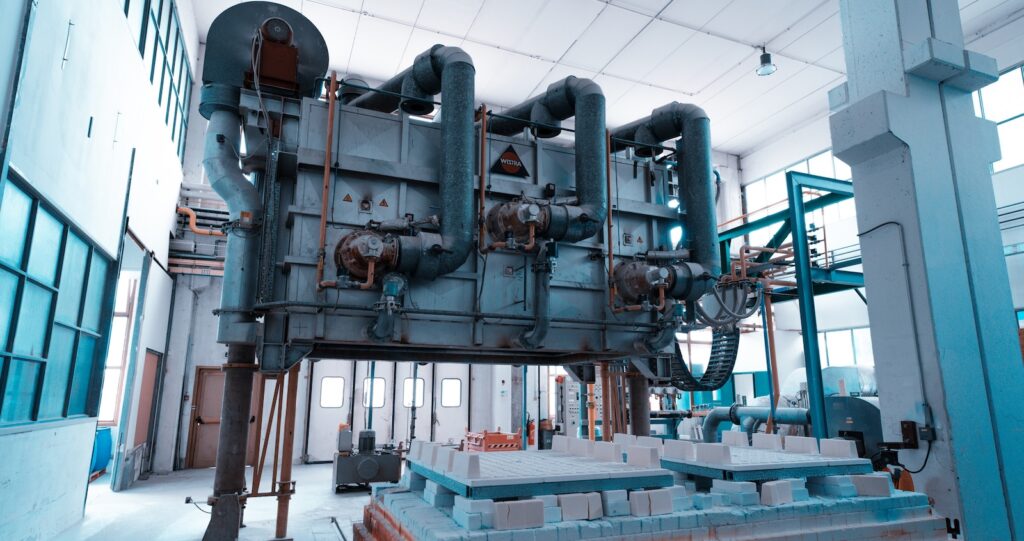Revolutionizing the Energy Industry with Artificial Intelligence
The future of the energy industry is bright, thanks to the rapid advancement of artificial intelligence (AI) in the sector. AI is transforming the way energy companies operate, from predicting energy demand to optimizing energy production.
How AI is Revolutionizing Energy Forecasting
Traditional methods of predicting energy demand are often based on historical data and human intuition. However, these methods are limited in their ability to account for unexpected events, such as extreme weather conditions or changes in consumer behavior. AI is changing this by enabling energy companies to analyze vast amounts of data in real-time, allowing for more accurate predictions and better decision-making.
According to a report by McKinsey, AI has the potential to reduce energy waste by up to 20% by 2025. This is achieved by analyzing data from various sources, including smart grids, smart meters, and weather forecasts, to identify areas where energy can be saved.
The Rise of Predictive Maintenance
AI is also transforming the way energy companies maintain their equipment. Predictive maintenance, which uses machine learning algorithms to predict when equipment is likely to fail, is becoming increasingly popular. This approach can reduce downtime by up to 70%, resulting in significant cost savings and improved efficiency.
A study by the International Energy Agency found that predictive maintenance can reduce energy production costs by up to 15%. This is achieved by identifying potential issues before they become major problems, reducing the need for costly repairs and replacements.
Optimizing Energy Production
AI is also being used to optimize energy production, from optimizing power plant operations to predicting wind patterns for offshore wind farms. This is achieved by analyzing vast amounts of data, including weather forecasts, sensor data, and historical data, to identify areas where production can be improved.
According to a report by Wood Mackenzie, AI has the potential to increase energy production by up to 10% by 2025. This is achieved by identifying areas where production can be improved, reducing downtime, and optimizing energy storage.
Conclusion
The energy industry is undergoing a revolution, thanks to the rapid advancement of artificial intelligence. From predicting energy demand to optimizing energy production, AI is transforming the way energy companies operate. With the potential to reduce energy waste, reduce downtime, and increase energy production, AI is set to play a major role in shaping the future of the energy industry.




.png?w=150&resize=150,150&ssl=1)


